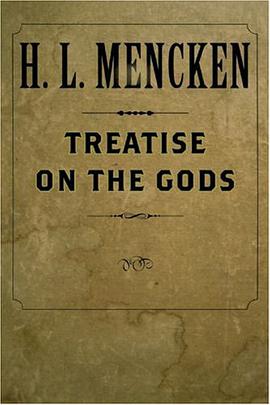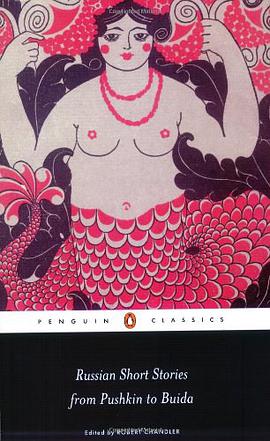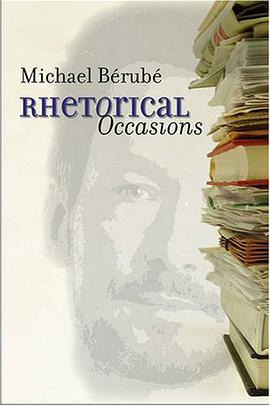

One of the particular concerns of the Victorians was the notion of 'taste' and the idea that good taste in any field - clothing, decor, landscape, music, art, even food - meant good taste in all, and that tastefulness was a reliable sign of moral sensitivity, indeed of national, even racial, quality. Moral Taste is a study of the ideological work done by the equation of good taste and moral refinement in a selection of nineteenth-century writings.Drawing on the theories of Pierre Bourdieu, Marjorie Garson discusses a number of Victorian texts that treat aesthetic refinement as an essential mark of proper middle-class subjectivity. She situates each text in its historical moment and considers it in the light of contemporary anxieties, providing insights into why certain ways of representing and endorsing tastefulness remained serviceable for many decades. In addition, this study demonstrates how the discourse of taste engenders a wider discourse about middle-class subjectivity and entitlement, national character, and racial identity in the period.
具体描述
读后感
评分
评分
评分
评分
用户评价
相关图书
本站所有内容均为互联网搜索引擎提供的公开搜索信息,本站不存储任何数据与内容,任何内容与数据均与本站无关,如有需要请联系相关搜索引擎包括但不限于百度,google,bing,sogou 等
© 2025 book.wenda123.org All Rights Reserved. 图书目录大全 版权所有




















